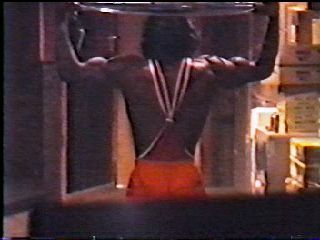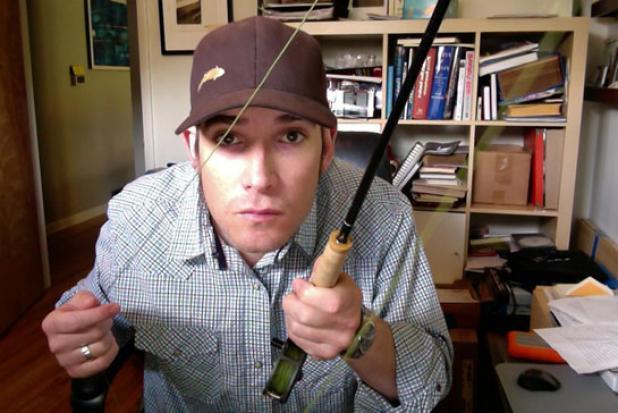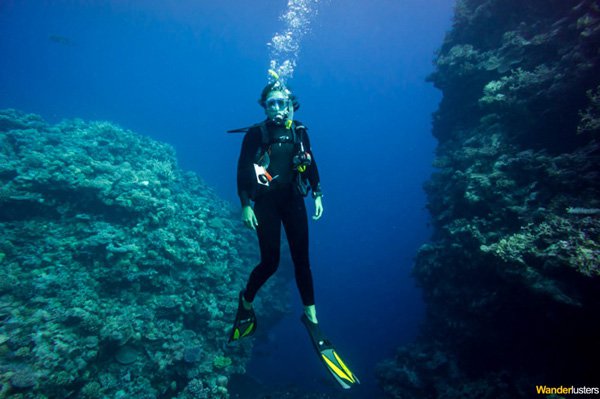1st 5 needs help
Question
hey nick how you going, my name is Ruka Hanlon and i currently live on the Gold Coast Australia. I am also enrolled for a scholarship at T.S.S (The Southport School) for the next two years to play 1st grade rugby. My current position is 1st five Eight. I'm 178cm and 75kg. I can kick both feet and pass both directions. My specialty is my vision. I read the play like a book on most games. I can run averaging 12 seconds in a 100 metre sprint, and can bench more than my weight, tackling is not a problem. But the Thing is I'm not sure if I'm doing the amount of training required to play at that level. I kick everyday for 1 hour and 3o min max. I road run 9km every second day. I know I have the potential to play professional football, but it seems like I'm not doing enough. Could you list a schedule that i could apply to to help me became the best of my ability? And also whats a good way to get motivated to train everyday? Cheers mate.
Answer
G'day Ruka,
My opinion is that you need two things:
1. A training partner
2. A professional Trainer.
The training partner you select can be anyone but it would be best to get with someone either on your team or in a higher grade who also wants to be pushed and motivated. This will be a win-win relationship there will need to be give and take evenly. You need to agree early on with each other to lay down some simple training rules so you have a balance of pushing each other while not over training. Above all make it fun.
2. A professional trainer is a serious undertaking. If you are serious about being a pro then the money cost of a quality trainer now will be well over shadowed should you make "the show".
Select a trainer like an employer selecting a key job applicant. Interview at least 3 trainers: get them to provide a resume / CV, they need to "sell" themselves as to why they will be the key to you going pro. Be a professional in this process - learn the ability to "act like you've been there" which is more about humility and openness to learn. Have confidence in yourself. If a trainer seems like a sceptic or like he is treating you like a kid then move on.
A trainer will need to show the ability to train with a professional eye on diet, rest, life skills, weight training, motivation. Rugby skill is not essential but should be considered.
Last I suggest working on your own rugby resume / CV. Photos, game video footage, any local newspaper clippings etc. Get a letter from every coach you have at the end of each season to add to your resume. Work hard and get a reputation for being a hard trainer, player and team guy. Be first to training and last to leave. Ask questions and learn, take advice from everyone but learn to apply only what you think works for you.
Approach a senior club player development officer and ask for an interview. Take the man for a cup of coffee, have thought out prepared questions about what you will need to do to go pro. Be a pro, dress like a pro, training like a pro and act like a pro. Thank people for their help and acknowledge publicly your support team. Always encourage team mates even if they make the biggest mistake that lost the game, that could be you one day. Be the guy who the team and coach thinks is "the positive one". Put the team first.
In the mean time read and watch all about rugby you can, including old player auto biographies.
Good luck mate and have fun.
lineout jump
What Rugby Position Should I Play?


